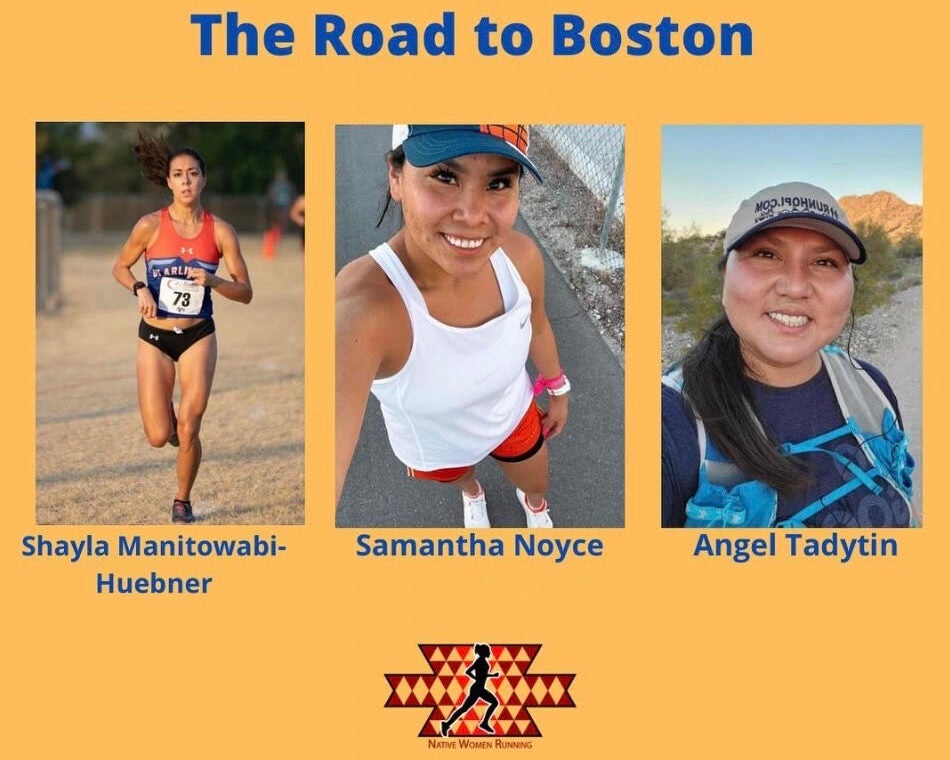Empowering BIPOC Athletes in Running: A Cultural Shift
The running community has witnessed a transformative shift towards inclusivity and representation for BIPOC (Black, Indigenous, and People of Color) athletes. In recent years, as the running industry strives to become more diverse, the emergence of numerous running teams dedicated to BIPOC athletes highlights this shift. However, despite these advancements, issues of tokenization and the perpetuation of racialized hierarchy remain prevalent within the sport.
The “Great Awakening” in Running
Keshia Roberson, an athlete and community organizer, describes the past two years as a “great awakening.” This heightened awareness of marginalized voices in the running community aims to change narratives that have historically sidelined Indigenous athletes, who have contributed significantly to the sport. Roberson emphasizes that athletes are now actively challenging the existing framework and demanding their rightful place in running culture.
The Intersection of Advocacy and Athletics
As a Native individual, Verna Volker, founder of Native Women Running, advocates for greater access to sports and outdoor spaces. She highlights the crucial intersections of athletics with broader societal issues such as environmental justice and gender equity, advocating for safer spaces for all. Her dedication reflects the collective efforts of BIPOC runners seeking not just participation but equity and justice in the athletic world.
Trailblazing Organizations Supporting BIPOC Athletes
Organizations such as Run 4 All Women and Melanin Base Camp have been pivotal in spearheading grassroots activism and raising awareness of minority contributions to sports. Since 2019, initiatives like the Running Industry Diversity Coalition and the Inclusive Outdoors Project have emerged, working tirelessly to dismantle white supremacy in athletics and create inclusive environments for all runners.
Building Unique Communities
BIPOC-focused running groups such as Harlem Run, Pioneers Run Club, and Angel City Elite are leading the charge in creating supportive communities that empower their members. These groups are not only focused on competition, but also on fostering connections, building support systems, and ensuring that BIPOC athletes find their voice and participation in the running community.
The Inspiring Role of Verna Volker
Verna Volker’s journey is emblematic of the movement toward inclusivity within running. As a HOKA global ambassador and a dedicated community leader, Volker’s commitment to uplifting Native voices is evident in her initiatives with Native Women Running. Under her leadership, the team has participated in events like the Boston Marathon, emphasizing representation and awareness for critical issues affecting Indigenous communities, such as the Missing and Murdered Indigenous Relatives (MMIR) crisis.
The Future of Native Representation in Running
As the Native Women Running team continues to grow and gain visibility, they are committed to utilizing running as a platform for broader change. Volker’s assertion that “we no longer want to be invited to your table; we want to build our own” encapsulates the essence of the movement. This determination embodies not just a fight for representation, but for systemic change in how BIPOC athletes are perceived and treated in the world of sports.
